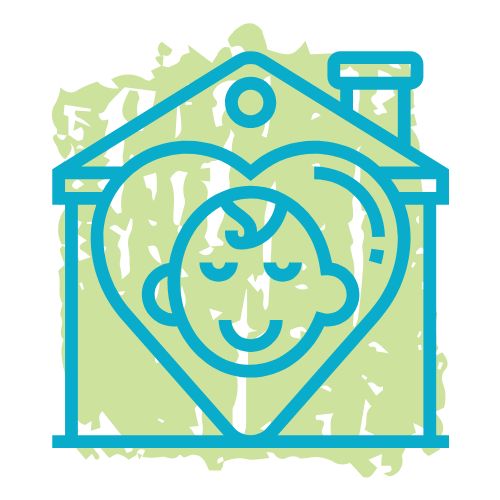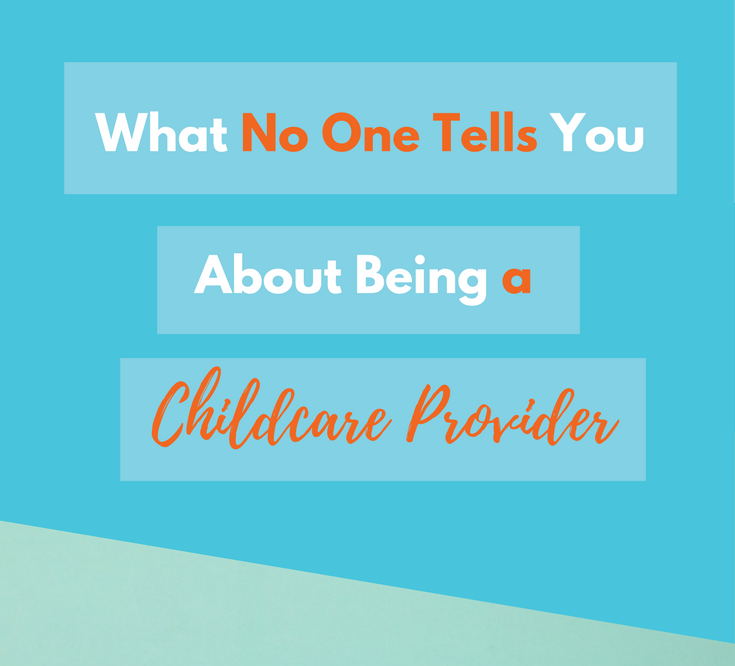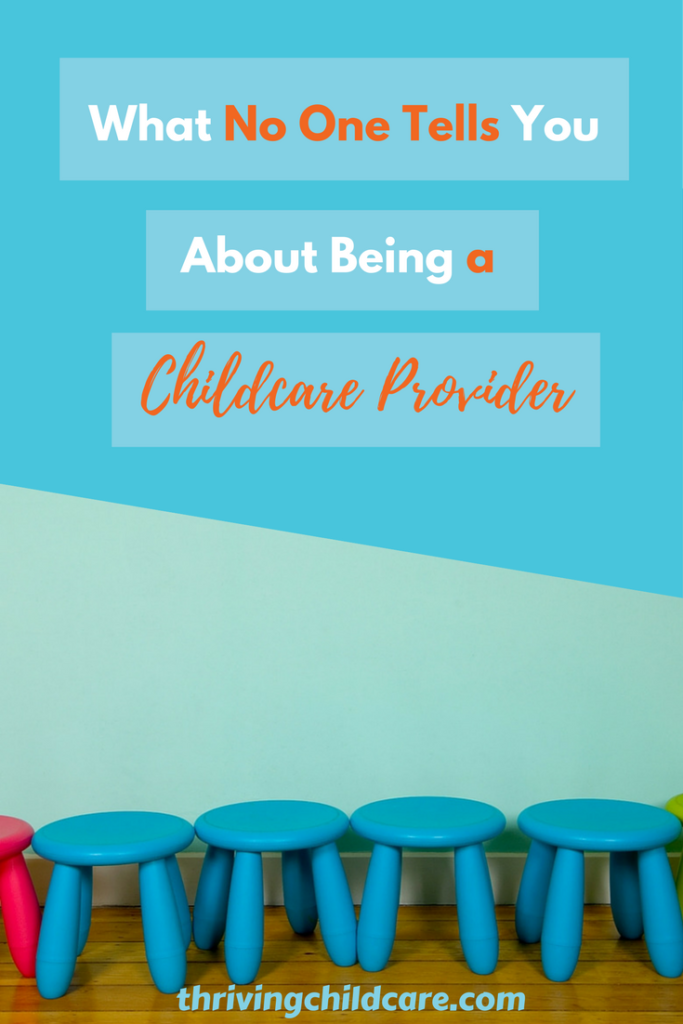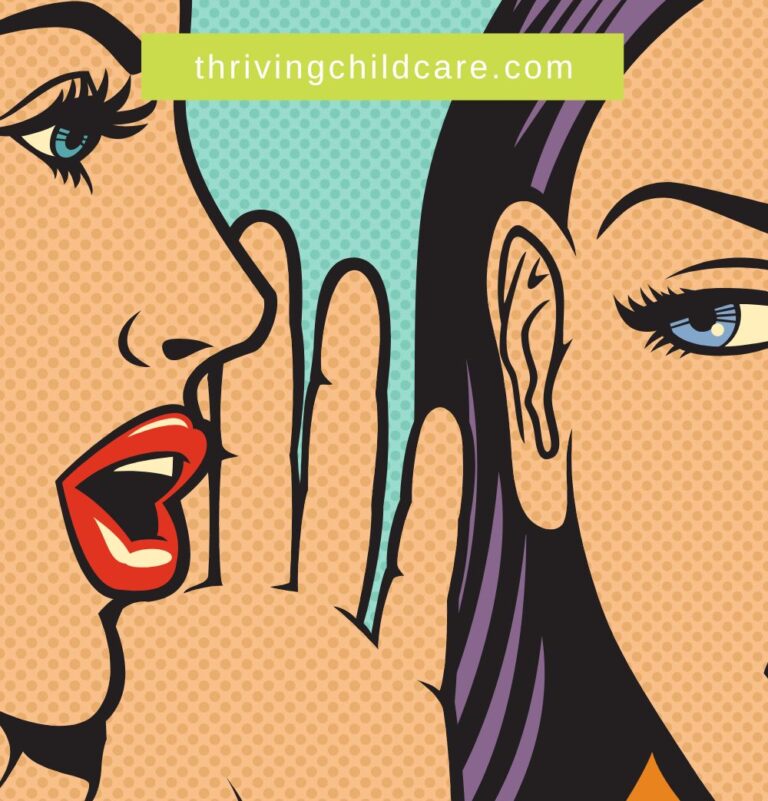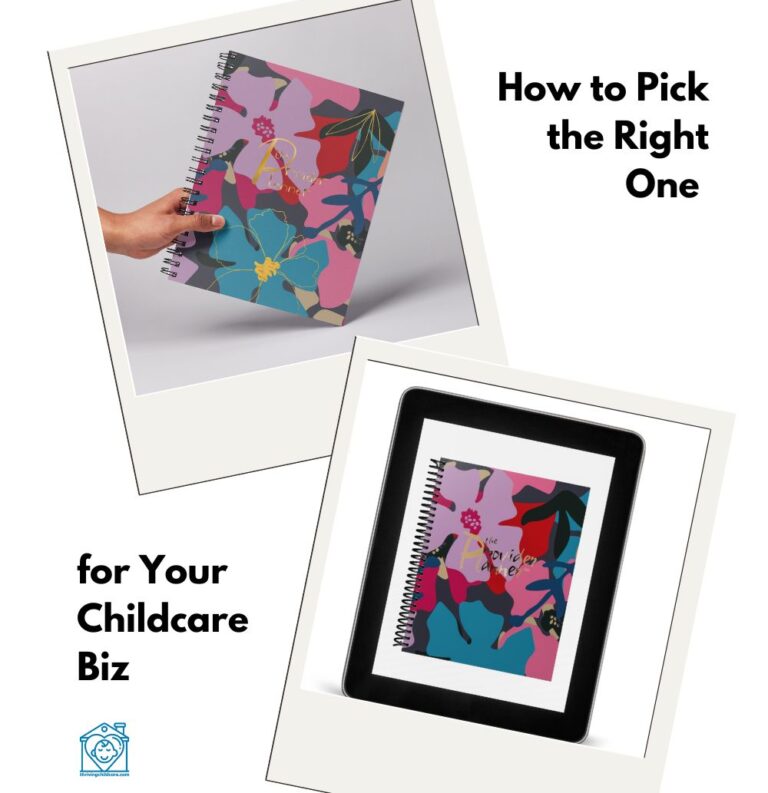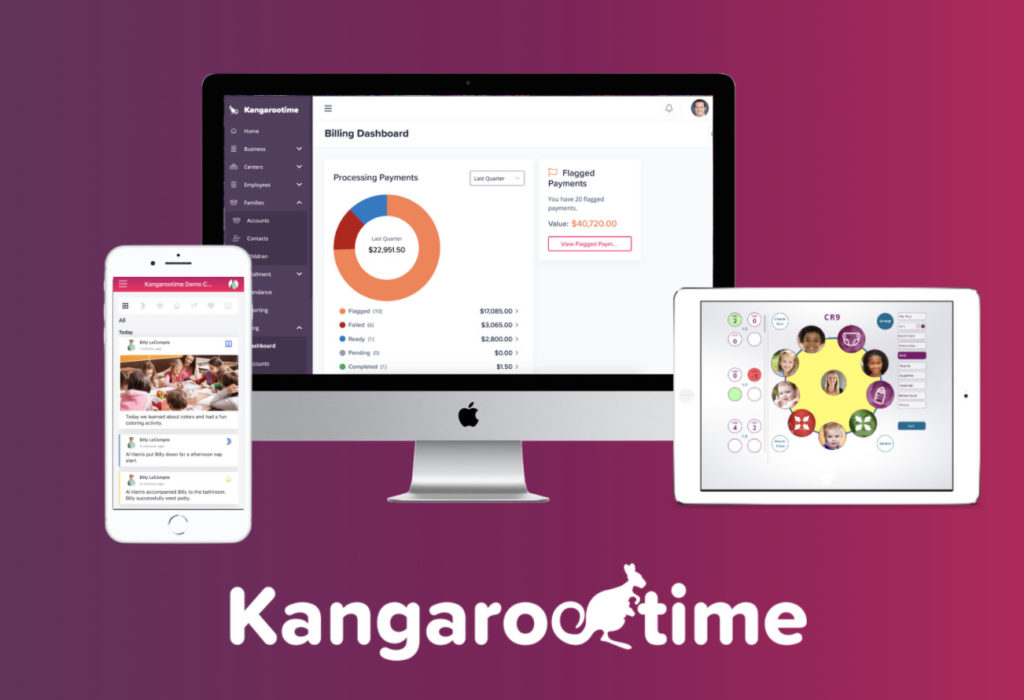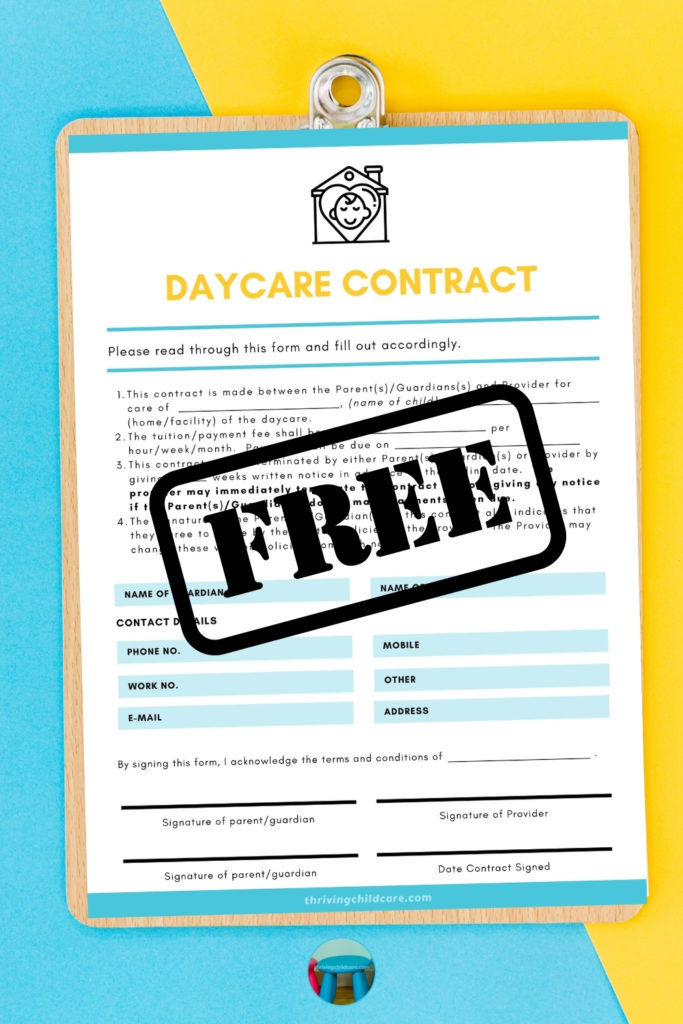I started my childcare business over 10 years ago. Back then there is no way I could have known what was ahead of me. Along the way, there have been many new experiences. Not all great, but certainly opportunities to grow as a childcare professional as well as a business owner. So after caring for over 100 children, I have often wondered if I could go back in time what I would tell myself or have someone tell me “What no one tells you about being a childcare provider.”
What you should know about being a Childcare Provider
YOU GOTTA BE (OR GET) GREAT AT JUGGLING
You wear many hats as a childcare provider.
If you have ever worked in corporate America, most likely the company had a payroll department, human resources, janitorial staff, cafeteria, etc. Well when you run your own childcare business, you are all of those things and more rolled into one.
You wear many hats as a childcare provider. So it helps to be at least pretty good at organizing and time management. I have found it helpful to segregate my weekly tasks into one or two daily tasks to stay on top of them and not get behind.
EXPERIENCE IS HELPFUL, BUT NOT ESSENTIAL
Even though by the time I opened my childcare I had raised three children, I was very grateful that I had the opportunity to take a few courses in child development and work at a daycare center before I started my business.
Getting a background knowledge of the developmental stages of children really helps you not only understand children but also to give you credibility with parents. This is especially helpful if you are new to caring for children.
If you don’t have much professional experience dealing with children, consider taking a course in child development (check out Lynda.com) or even volunteering at a childcare to get more hands-on experience.
NOT EVERYONE IS A GOOD FIT
When I opened I was so eager to find my first clients that the concept that someone would not be the right client for me never would have occurred to me. But it is true; not everyone will appreciate your philosophy, location or might even simply be a little overly territorial about how their child is cared for.
For this reason, it is very helpful to brush up on your interpersonal skills. You need to be able to convey your experience, program and most importantly the quality of care you will provide. I often tell parents that they don’t know me, but they can trust my experience.
Related Reading:
YOU GOTTA LOVE THE OPPORTUNITY
As a childcare provider, you have the opportunity to touch and affect many families’ lives. Often parents come into the childcare environment “green” having no or little experience at parenting. Some haven’t even been around young children until they had their own.
I have become fond of the term “mother’s helper”
Over time you will have amassed intuitive knowledge you can share and use to educate the parents that you serve. It is so important to impart that knowledge in a caring way that parents are receptive to. Not from a “know it all” posture, but rather as a parenting partner instead.
Over the years I have become fond of the term “mother’s helper”. More than any other term I like the way it describes our profession.
MY ADVICE FOR HANDLING DIFFICULT TYPES
As I said before, not everyone will be your biggest fan. You may run into parents that feel guilty about not being able to be the primary caregiver for their child. Or even a parent or two that downright resents your influence in their child’s life.
Try identifying with a parents concerns
While it is beneficial to identify those characteristics in a prospective client as early as possible, it is also a trust-building opportunity for the childcare provider.
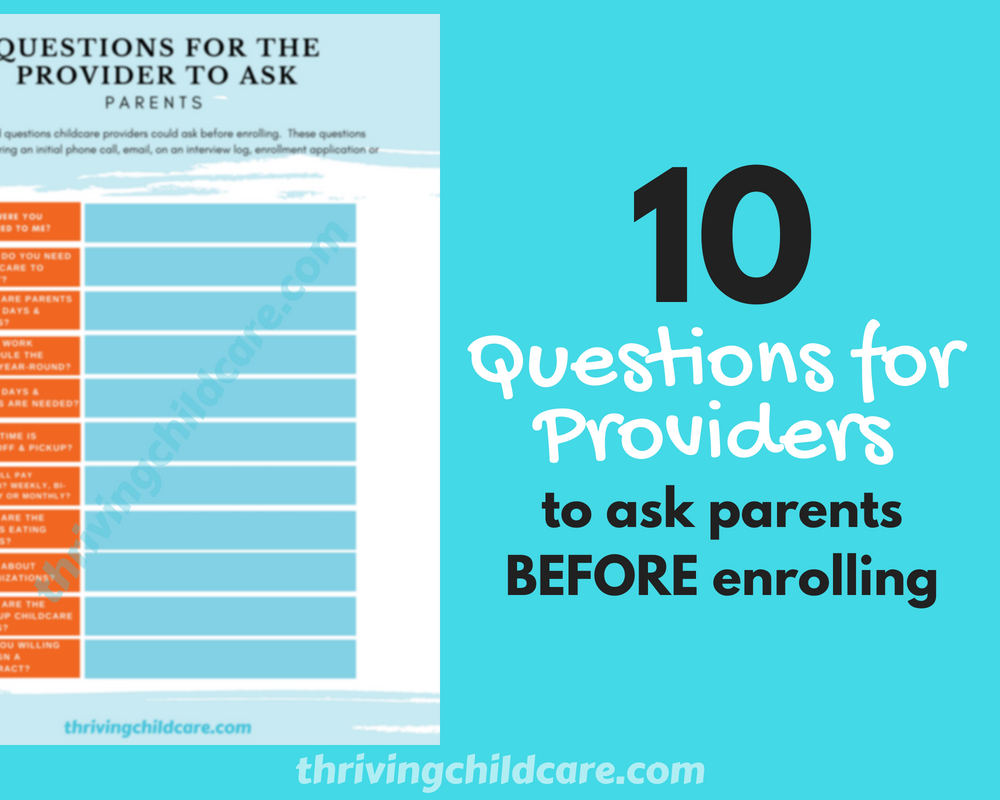
Try identifying with a parent’s concerns. When your philosophy differs, present industry standards (like state regulations or mandates) that support your position.
I remember once I had a parent who was certain that at the age of 2.5 her child was completely out of the nap phase. Apparently, the child was too difficult to get down at night if he had the afternoon nap. After repeated requests to excuse the child from the nap I sent her the following message:
“I want you to know I completely understand how hard it is to get young children to go down at night. Especially with their increased need for independence. And although I would agree that some children do just fine without a daily nap, unfortunately, in daycare settings we are mandated to provide children with a Rest & Relaxation period during the course of our day. What usually happens here is due to our constant morning activities a child will fall asleep. If, however, they do not fall asleep they can get up and resume their day. What I would suggest is that you tell Johnny that if he is not sleepy he does not have to take a nap. But just to relax his body during that time of day. I hope this helps.”
She understood!
After that note, she completely understood my position. She told her child he could just rest his body at naptime. Of course, most of the time he fell asleep.
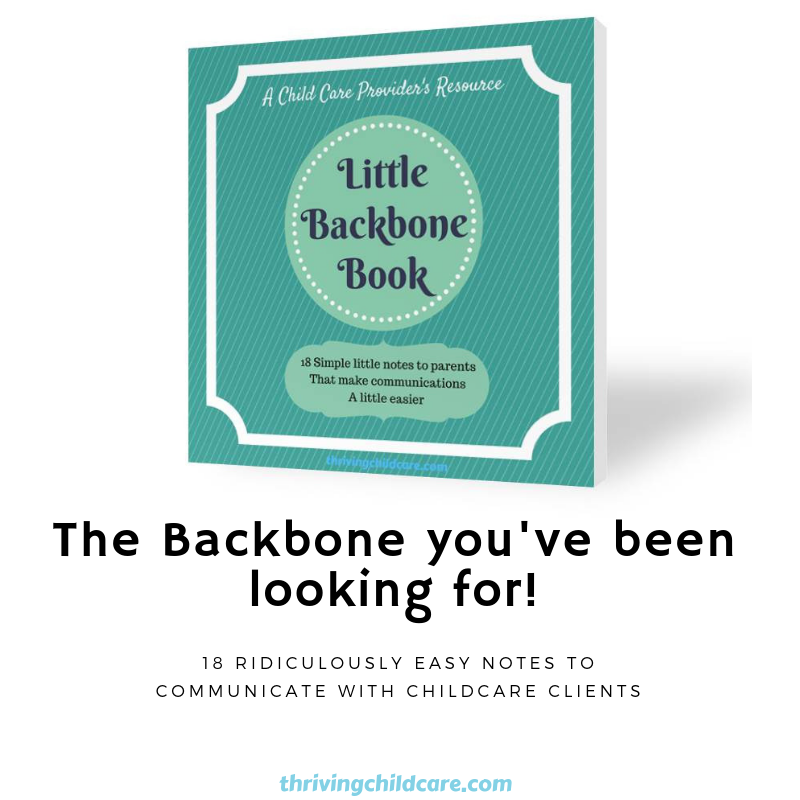
CARING FOR CHILDREN FEELS AMAZING
Don’t get me wrong there have been rough days. But then I will go to my email and there will be a picture of a child I took care of years ago. It truly is touching to not only see how much the children have grown but to know that you were a big part of their early life.
It’s also wonderful to also see that the parents think enough of you to remember and share their continued growth.
In my experience, sometimes the older kids even request to come back to the childcare and help as “junior” assistants. Those experiences stick with you more than the difficult times and for me make it all worth it.
Tell me, what has surprised you most about being a childcare provider? Leave a comment below.
Want to remember this? Save “What no one tells you about being a Childcare Provider” to your favorite Pinterest boards!
Related Reading:
- 12 Things Daycare Providers Wish Parents Knew
- What licensing doesn’t tell you – That you need to know!
